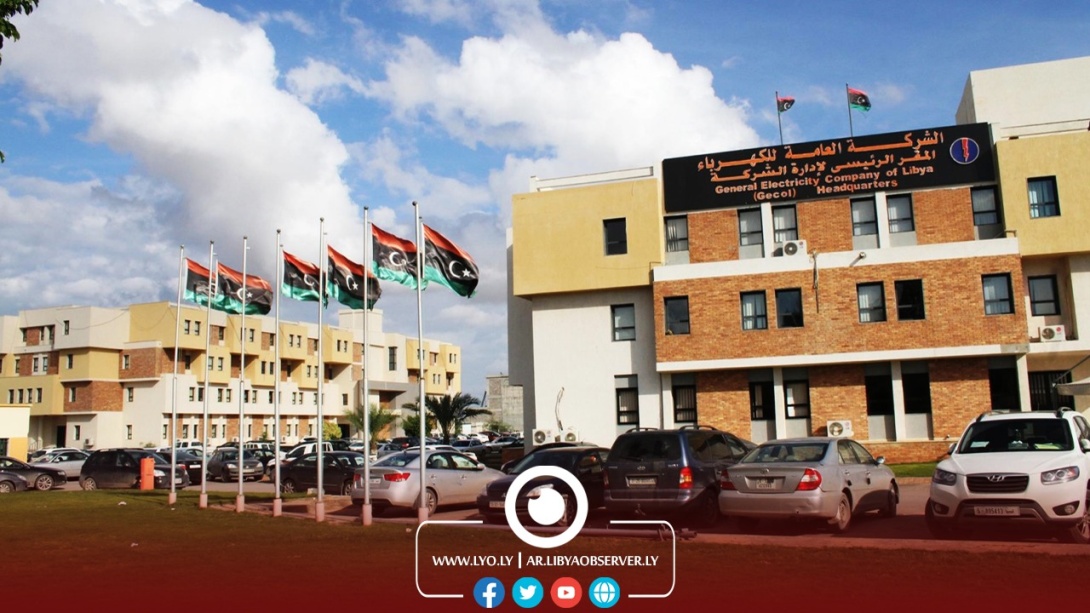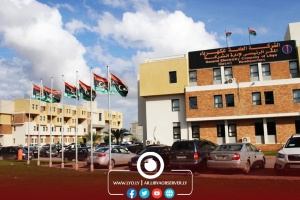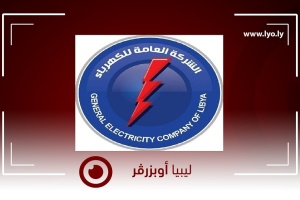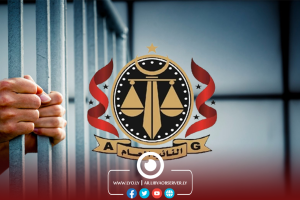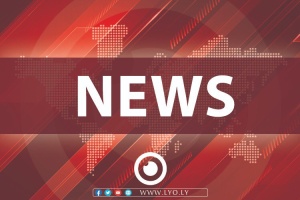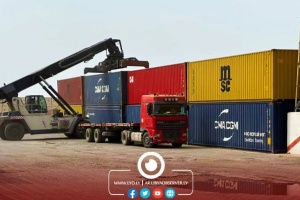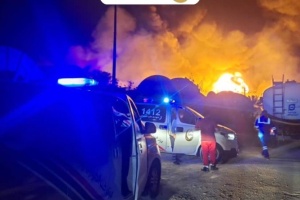Libya’s General Electricity Company (GECOL) has strongly criticized a United Nations report accusing it of involvement in fuel smuggling, calling the allegations inaccurate and based on unreliable sources.
In a statement broadcast on Saturday, the state-run power company said the 2024 report by the UN Panel of Experts lacked “accuracy and objectivity,” relying on unverified social media posts and forged documents. The company insisted that no effort was made to verify the claims through official channels.
The UN report alleges that the company was involved in fuel smuggling, citing unusually high demand for petroleum products that far exceeds operational needs, alongside a sudden $5 billion increase in the company's budget between 2022 and 2023—from $3.7 billion to $8.7 billion—without a corresponding rise in electricity production.
The company rejected these claims, stating that it was the first to report fuel shortages and losses, having alerted the Prosecutor General's Office in September 2024 to investigate the issue.
It also claimed it is the target of a smear campaign on social media, orchestrated by anonymous accounts spreading false information and forged documents to blackmail officials and sway public opinion.
The company emphasized that its financial operations are subject to regular audits by the Audit Bureau and other regulatory bodies. It also works with three international accounting firms—Grant Thornton, KPMG, and PwC—to ensure transparency in its financial reporting.
Addressing reports of inflated procurement costs, the company clarified that the actual value of a recent electricity meter supply contract was one million Libyan dinars, not one million US dollars as widely circulated.
Prime Minister Abdul Hamid Dbeibah has instructed several institutions, including the General Electricity Company, to respond to the UN report and present clarifications to the public within three days.

